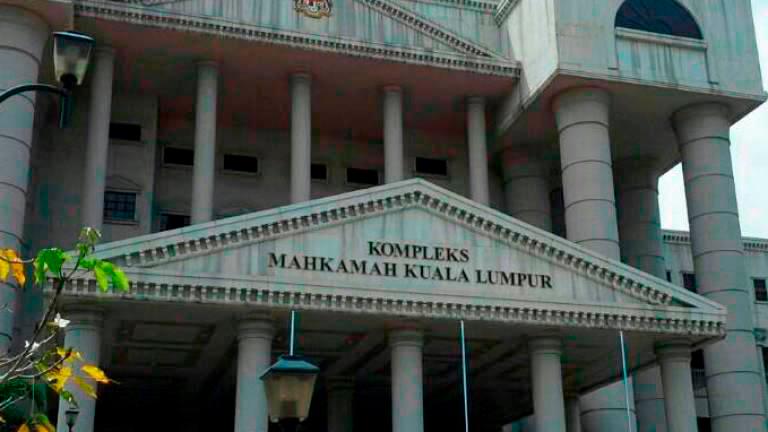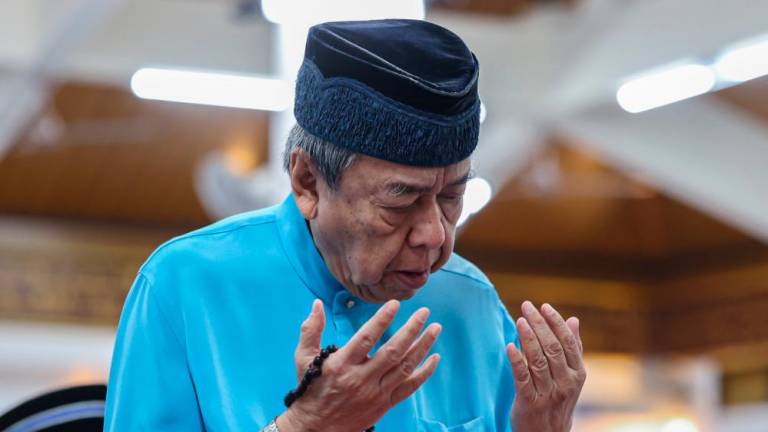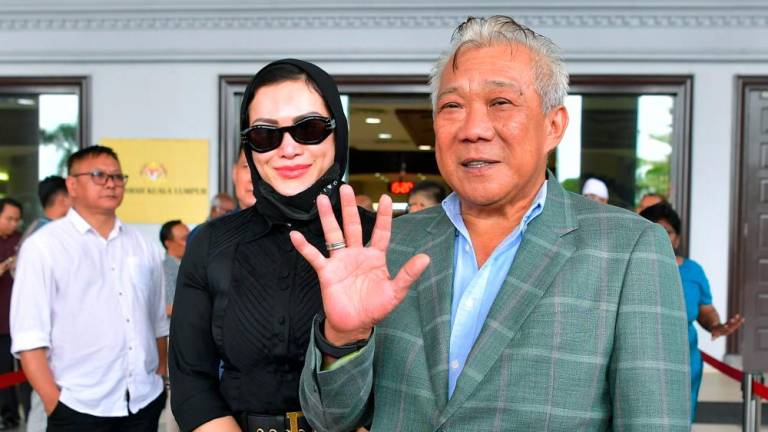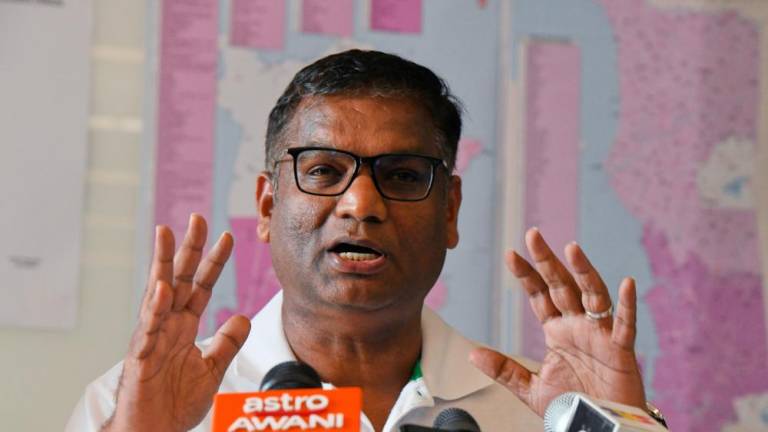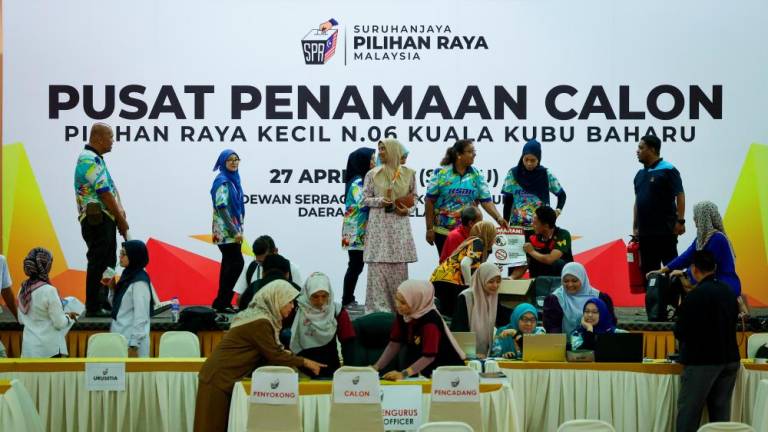GEORGE TOWN: Malaysia should consider injecting fast track measures to boost consumer spending to counter the effects of the infectious novel coronavirus (Covid-19) on the economy.
Economist Prof Yeah Kim Leng has recommended for a general stimulus package to boost spending although he was not keen on the proposed reduction of the Sales and Services Tax (SST) which is currently at 6%.
“If the SST is reduced by half to 3%, say for six months, the government will have to bear an estimated RM7 billion in lost revenue based on the reported collection of last year,” he said.
While a temporary SST rate reduction will benefit all consumers, a less expensive measure is to focus on the low middle income group and middle income – the B40s and M40s, said Yeah in an interview.
The Sunway University Business School economics professor said the Finance Ministry can bring forward the Bantuan Sara Hidup payments for this year.
“The low income groups have a higher propensity to spend and if coupled with domestic tourism stimulus packages, these combined measures will bring an immediate effect of boosting spending to support the sectors affected by the virus epidemic.
“Tax relief, deferment of loans, and special funds to provide soft loans to affected businesses for working capital purposes especially for staff salary payments are some of the assistance that could also be rolled out,” he added.
National Tourism Council committee member Eric R. Sinnaya opined that Malaysians, like citizens of many other countries, love travelling but the industry players with the right forms of government intervention need to par down the costs to make it affordable for all income groups, not just the rich.
All consumerism market pricing from food to accommodation and transport need to be lowered to induce Malaysians to travel domestically, he said.
Also, the rates for leisure activities such as amusement parks, entertainment outlets and restaurants or museums need to be discounted for now, especially during the coming school holidays to entice people to travel, said Sinnaya.
The trend in Malaysia is that whenever the peak season arrives, tourism players tend to raise their prices steeply.
“It turns off consumers and with many alternatives, people tend to travel regionally or those who can afford it, visit far away destinations.”
Price increases during peak periods are common but the travel trade members should not hike it until it reaches the point of profiteering, he said.
Days of reaping instant profits are no longer viable in a globalised economy; businesses need to build up their base and focus on branding, Sinnaya said.





